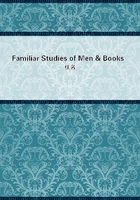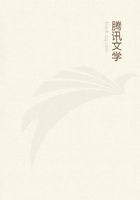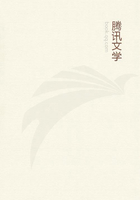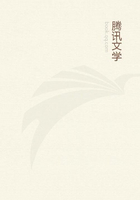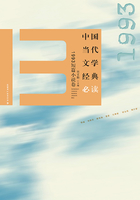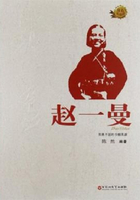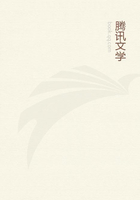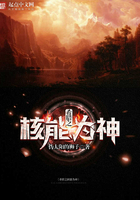, We learn from anatomy, that the immediate object of power in voluntary motion, is not the member itself which is moved, but certain muscles, and nerves, and animal spirits, and, perhaps, something still more minute and more unknown, through which the motion is successively propagated, ere it reach the member itself whose motion is the immediate object of volition. Can there be a more certain proof, that the power, by which this whole operation is performed, so far from being directly and fully known by an inward sentiment or consciousness is, to the last degree, mysterious and unintelligible? Here the mind wills a certain event. Immediately another event, unknown to ourselves, and totally different from the one intended, is produced: This event produces another, equally unknown: Till at last, through a long succession, the desired event is produced.
But if the original power were felt, it must be known: Were it known, its effect also must be known; since all power is relative to its effect. And , if the effect be not known, the power cannot be known nor felt. How indeed can we be conscious of a power to move our limbs, when we have no such power; but only that to move certain animal spirits, which, though they produce at last the motion of our limbs, yet operate in such a manner as is wholly beyond our comprehension?
We may, therefore, conclude from the whole, I hope, without any temerity, though with assurance; that our idea of power is not copied from any sentiment or consciousness of power within ourselves, when we give rise to animal motion, or apply our limbs to their proper use and office.
That their motion follows the command of the will is a matter of common experience, like other natural events: But the power or energy by which this is effected, like that in other natural events, is unknown and inconceivable.[17]
Shall we then assert, that we are conscious of a power or energy in our own minds, when, by an act or command of our will, we raise up a new idea, fix the mind to the contemplation of it, turn it on all sides, and at last dismiss it for some other idea, when we think that we have surveyed it with sufficient accuracy? I believe the same arguments will prove, that even this command of the will gives us no real idea of force or energy.
, It must be allowed, that, when we know a power, we know that very circumstance in the cause, by which it is enabled to produce the effect: For these are supposed to be synonymous. We must, therefore, know both the cause and effect, and the relation between them. But do we pretend to be acquainted with the nature of the human soul and the nature of an idea, or the aptitude of the one to produce the other? This is a real creation; a production of something out of nothing: Which implies a power so great, that it may seem, at first sight, beyond the reach of any being, less than infinite. At least it must be owned, that such a power is not felt, nor known, nor even conceivable by the mind. We only feel the event, namely, the existence of an idea, consequent to a command of the will: But the manner, in which this operation is performed, the power by which it is produced, is entirely beyond our comprehension.
, The command of the mind over itself is limited, as well as its command over the body; and these limits are not known by reason, or any acquaintance with the nature of cause and effect, but only by experience and observation, as in all other natural events and in the operation of external objects. Our authority over our sentiments and passions is much weaker than that over our ideas; and even the latter authority is circumscribed within very narrow boundaries. Will any one pretend to assign the ultimate reason of these boundaries, or show why the power is deficient in one case, not in another.
, This self-command is very different at different times. A man in health possesses more of it than one languishing with sickness. We are more master of our thoughts in the morning than in the evening: Fasting, than after a full meal. Can we give any reason for these variations, except experience? Where then is the power, of which we pretend to be conscious? Is there not here, either in a spiritual or material substance, or both, some secret mechanism or structure of parts, upon which the effect depends, and which, being entirely unknown to us, renders the power or energy of the will equally unknown and incomprehensible?
Volition is surely an act of the mind, with which we are sufficiently acquainted. Reflect upon it. Consider it on all sides. Do you find any thing in it like this creative power, by which it raises from nothing a new idea, and with a kind of F/IAT, imitates the omnipotence of its Maker, if I may be allowed so to speak, who called forth into existence all the various scenes of nature? So far from being conscious of this energy in the will, it requires as certain experience as that of which we are possessed, to convince us that such extraordinary effects do ever result from a simple act of volition.

